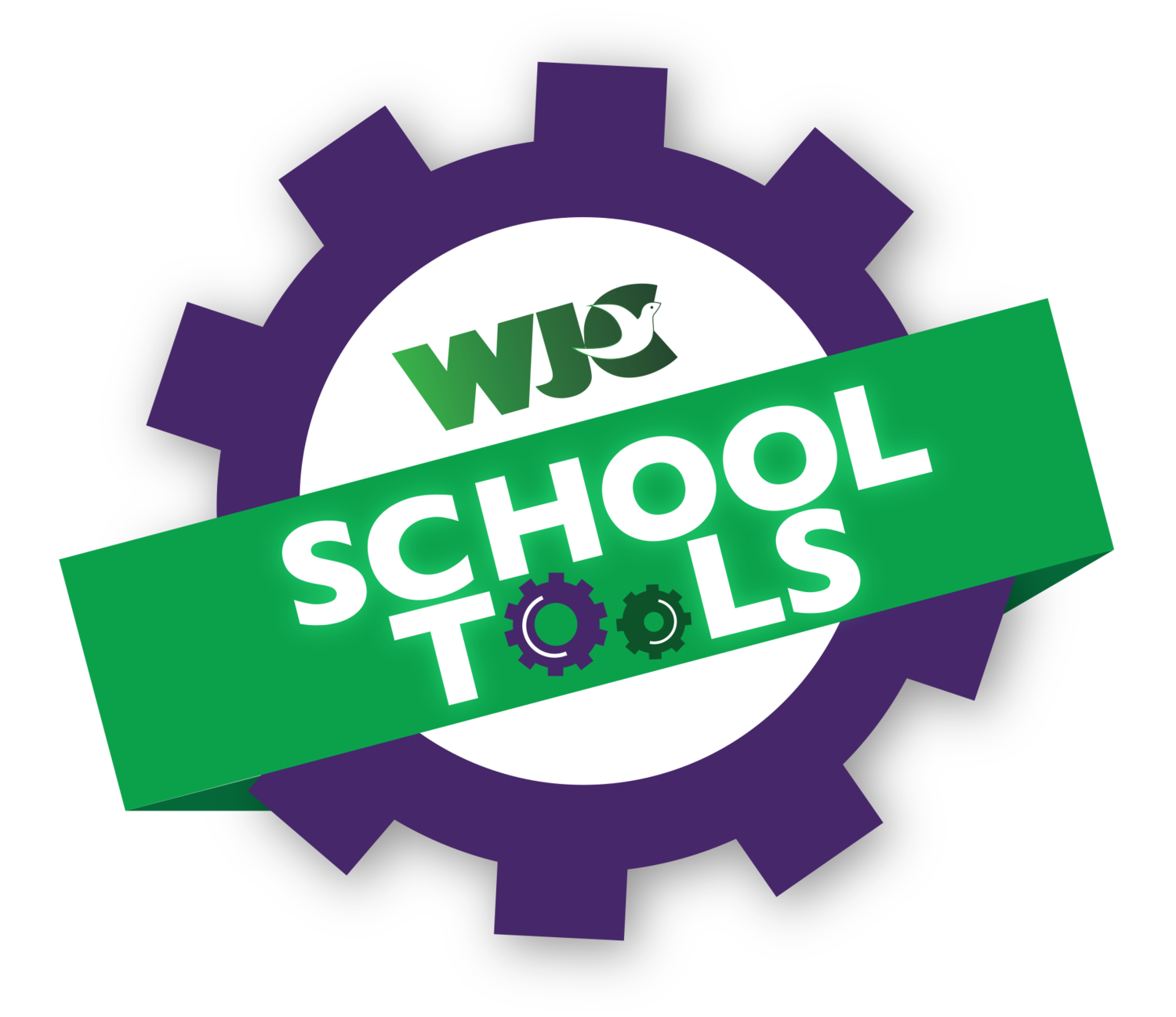Prejudice Reduction
Prejudices are preconceived and ingrained ideas and opinions about others. These resources are meant to aid students in inspecting and challenging their own prejudices.
- Activities for Teaching about Prejudice and Discrimination - Use these activities to discuss different areas of prejudice and ways to work toward appreciation.
- Activity Guide: Sample Not in Our School Week from Gunn High School - This guide provides an example of a week-long event schools can host to bring awareness to issues of prejudice and what can be done to combat it.
This video features middle school students talking about their identity and stereotypes others have about them.
Sticks and Stones Video Series
The following series of videos, created by Western Justice Center, provides the history of words that have been used to harm groups of people.
Mulatto, a personal reflection
- When Racism Slips Into Everyday Speech - A list of everyday terms that have racist roots.
Empathy Building
Empathy is the ability to understand the feelings of others. Use these resources to help develop a more respectful and understanding school environment by building empathy in students.
- Kids Health - These lessons help high school students understand and practice empathy.
- Toolkit for Promoting Empathy in Schools - These exercises build empathy among your students.
Intergroup Relations
Use these resources to avoid tensions and build strong relationships among diverse students, educators and other school community members.
- Activity Guide: Stereotype Pool - This activity features a video called Dissolving Stereotypes and can be used with students to explore experiences with stereotypes, hurtful words and ways to “dissolve” the hurt caused..
- The Anti-Defamation League - This page provides lots of resources on anti-bias education and building schools that are inclusive and respectful.
- Not in Our Schools - This website is part of Not in Our Town and offers several lesson plans on how to make schools inclusive for all the people on campus.
- Reaching Across Boundaries: Talk to Create Change - This document provides guidance on having students discuss differences with one another in safe and respectful ways.
- Tolerance.org - This website was created by The Southern Poverty Law Center with activities and other resources, including curriculum ideas.
This video provides step-by-step information on how to start a Gay-Straight Alliance at your school.
LGBT+ Issues
Help Lesbian, Gay, Bisexual, Transgender, Questioning, and Queer students feel welcome and safe in your school.
- ACLU - This website has lots of resources on how to make school safer and more inclusive for LGBT students.
- GLSEN - This website has lots of information and resources on how to make schools safe and welcoming for LGBT students.
- How to Start a GSA - This guide was created by Western Justice Center for potential club advisors.
- Local School Climate Survey - This school climate survey by GLSEN is meant to be conducted at school sites.
- Welcoming Schools - This website has lots of resources for responding to instances of bias in elementary school classrooms, including lessons, videos, and recommended books.
- What Do You Say to That's So Gay - These tips provide guidance on how to respond when students say, "That's so gay.”
Benefits of GSAs
- Gay-Straight Alliances: Creating Safer Schools for LGBT Students and their Allies - This fact sheet has quantitative data on ways gay-straight alliances make schools safer for LGBT students.
- High Schools with Gay-Straight Alliances Have Reduced Risk of Student Suicide - This is a summary of a study that shows the benefits of gay-straight alliances for all students.
Culturally Responsive Teaching
Educators who are culturally responsive proactively learn about the cultures of their students and tailor their teaching accordingly. This includes connecting students' cultural backgrounds with academic teachings.
- The Equality Alliance - This website explains why it is important to be culturally responsive in teaching, and provides information on how teachers can become more culturally responsive.
- The NEA - This website provides tips on how to be more culturally responsive in teaching.
Gender Equity
The resources here will help you and your students be mindful of fair and equitable treatment among genders. Identify and address instances of imbalance or different treatment based on gender.
- Ban Bossy - This page provides tips on how to promote gender equity in classrooms.


